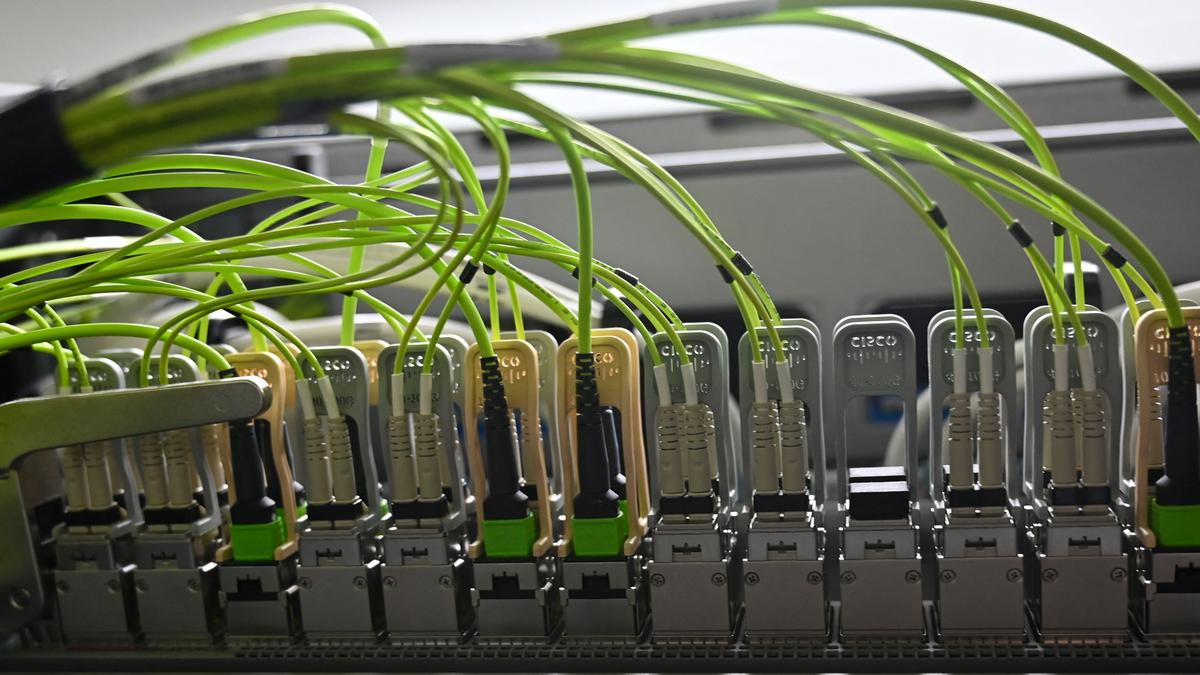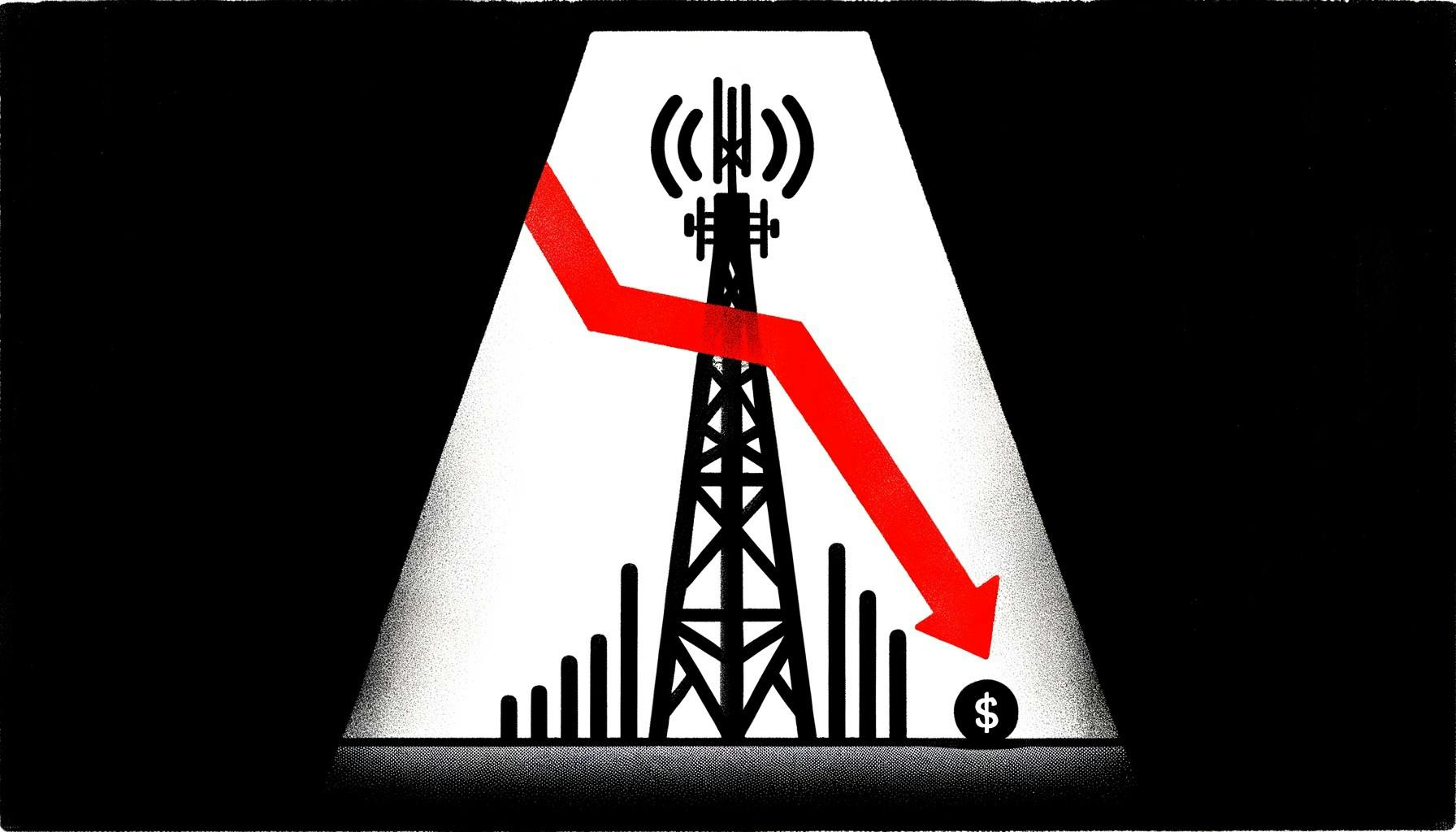

:max_bytes(150000):strip_icc()/GettyImages-2128592674-44b4054d012448c5872e2484b8c721f1.jpg)

Ericsson, the Swedish telecommunications equipment manufacturer, is navigating significant challenges in the global telecom market, particularly in Europe. CEO Börje Ekholm has pointed out that Europe is currently the weakest telecom market globally, emphasizing the need for consolidation and reduced regulation to foster growth. He criticized the European Commission for hindering telecom mergers, which he believes is essential for the sector's health. In contrast, Ekholm highlighted the rapid advancements in connectivity in countries like India, comparing it unfavorably to the UK, which he described as lagging behind. This shift in perspective has prompted Ericsson to redirect its investments towards North America, where the company recently secured a substantial $14 billion contract with AT&T in 2023, marking a significant strategic pivot for the firm.
Despite the promising outlook in North America, Ericsson has faced setbacks, including a $1.0 billion quarterly loss attributed to the write-down of its acquisition of Vonage. This write-down, which totaled 11.4 billion Swedish kronor ($1.1 billion), was a significant factor in the company's financial performance, as it reported a net loss of SEK11.0 billion for the second quarter. Ekholm acknowledged that the company lost focus on Vonage's core business post-acquisition but remains optimistic about the potential of network APIs to generate revenue within the next 1-2 years. He reiterated that Vonage is foundational for building a global platform for network APIs, which he believes will drive future growth in the telecom sector.
In addition to these challenges, Ericsson is also contending with competition from major players like Huawei. Ekholm has recognized Huawei's strong position in the market and discussed the importance of OpenRAN technology as a means to enhance competitiveness. Meanwhile, the company has been implementing cost-cutting measures, including job reductions, to streamline operations and adapt to the changing market landscape. As Ericsson continues to navigate these complexities, its focus on North America and strategic investments may prove crucial for its future growth and stability in the telecom industry. [a7eb0028] [5deb5df0] [361acae5] [9e26146b]